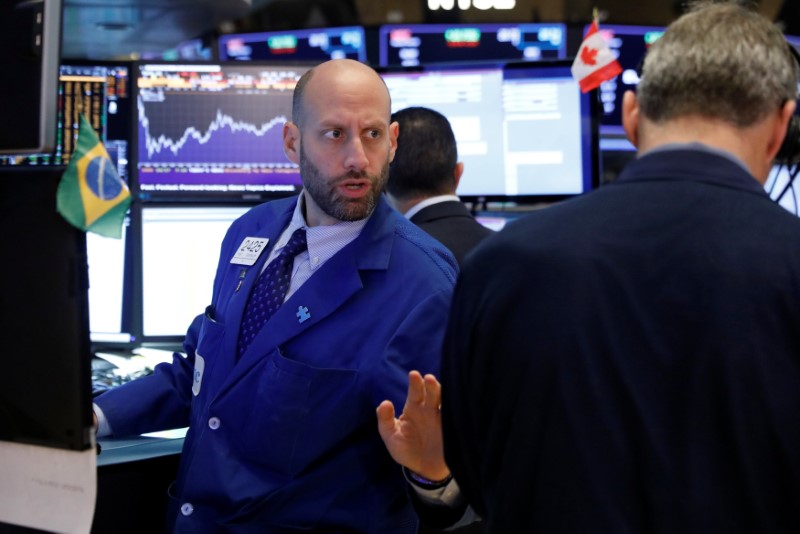The Iraqi national army swiftly took control of oil fields in disputed territory on Monday and Tuesday, largely avoiding clashes with Kurdish forces, news reports said. Despite the mostly bloodless transfer, analysts warn that oil supplies in OPEC’s second-largest producer are far from secure.
The fields came back under federal control during an operation launched by Iraqi Prime Minister Haider al-Abadi, who sought to reassert Baghdad’s authority after the semiautonomous Iraqi Kurdistan region held an independence referendum three weeks ago.
The Kurds took control of large swaths of land in northern Iraq in 2014 after Iraqi forces fled an assault by ISIS militants.
“There is no stable equilibrium that has emerged out of this, although the oil will flow over the short term,” said Ayham Kamel, head of Eurasia Group’s Middle East and North Africa practice.
Iraqi Kurdistan and disputed areas

Source: U.K. Home Office
The uncertainty has helped to push international Brent crude back above $58 a barrel toward its 2017 high. U.S. crude has traded around $52 a barrel, coming within 50 cents of a six-month high on Monday.
The Iraqi forces took over the provincial capital Kirkuk, nearby oil fields and other sites on Monday, Reuters reported. By Tuesday, the army held the key Bai Hassan and Avana oil fields outside Kirkuk. Forces aligned with Baghdad also had control of Sinjar, a city near Iraq’s northern border with Syria that straddles several oil fields.
On Monday, it was unclear whether Kurdish military forces known as Peshmerga would fight to hold Bai Hassan and Avana, which are capable of producing about 280,000 barrels a day. Peshmerga aligned with the opposition party Patriotic Union of Kurdistan had allowed the Iraqi military’s advance earlier that day. But Bai Hassan and Avana were held by the Kurdistan Democratic Party, which is loyal to Kurdish president Masoud Barzani, raising concerns they would fight to keep them.
U.S. crude two-day performance

Source: Factset
“The worst of the crisis is over, but there are many tension points that will emerge in the future, and we don’t have any viable relationship to reach an agreement,” Kamel said.
Absent an agreement among the Kurdish political parties and Baghdad, Iraq’s oil flows will not be stable, he said.
Crude oil from Iraqi Kurdistan and the disputed areas flows through the Iraq-Turkey Pipeline controlled by the Kurds. Another pipeline to Turkey operated by Baghdad has been repeatedly bombed by ISIS militants and will take several years and hundreds of millions of dollars to repair, according to RBC Capital Markets.
“Hence, these fields changing hands could mean that these barrels end up being stranded if Baghdad and Erbil cannot conclude a pipeline access and a revenue sharing agreement — which could prove to be a tall order in the current environment,” Helima Croft, global head of commodity strategy at RBC, said in a research note. Erbil is the capital of Kurdistan.
The high-value and low-cost oil from the Kirkuk region creates an incentive for both sides to keep oil flowing, Goldman Sachs said in a note.
In the meantime, analysts warn that the direct, armed conflict that erupted this week threatens to further destabilize Iraq.
Peshmerga fighters are split by loyalties to rival political parties, making it difficult to exert command and control over the Kurdish forces. Meanwhile, Shiite militias aligned with Iran and hardliners in Baghdad have marched north with the national army, creating another variable in an already volatile mix.
Despite both Baghdad’s and the Kurds’ need for oil revenue, the market could continue to price in Iraq risks for some time, said Andrew Lipow, president of Lipow Oil Associates.
“What concerns me the most is if you have part of the Kurdish peshmerga who see this as an opportunity to put pressure back on the Iraqi government by threatening some sabotage or some violence in the oil fields,” he told CNBC Asia on Tuesday. “Then you could see that the risk premium will stay in the market.”

